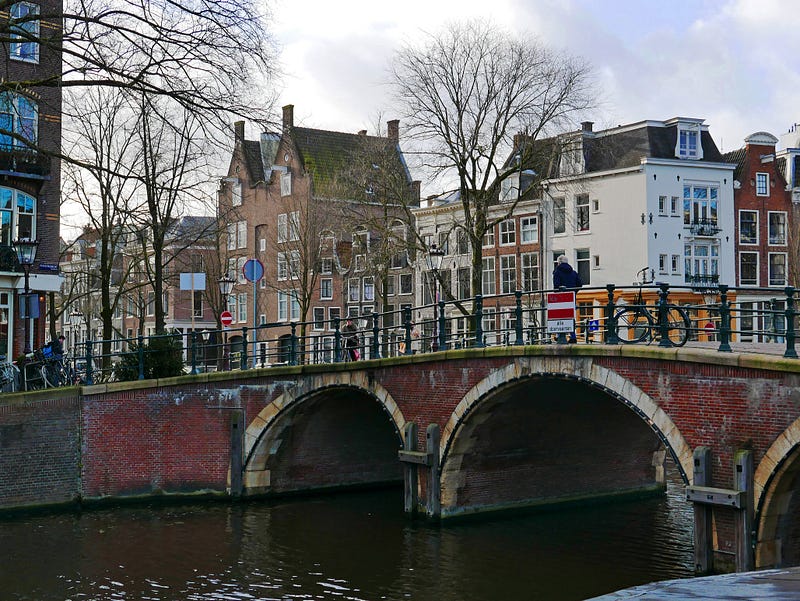A Discussion of Bourgeois Equality Chapter 36 “And the Dutch Bourgeois was Virtuous” Nearing the end of Part 5, which is concentrating on the rise of bourgeois in the 1500s and 1600s, Dr. McCloskey is focusing on the Netherlands. Last chapter she gave some of the historical reasons bourgeois virtues…
Category: Bourgeois Equality
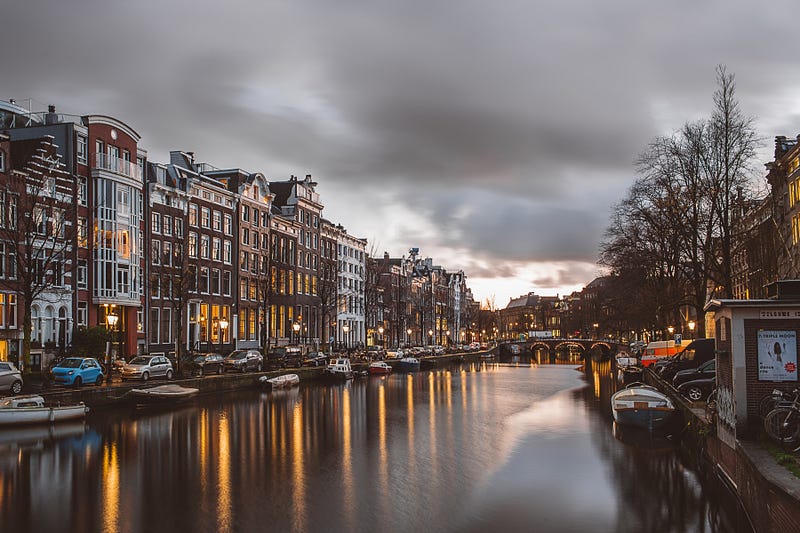
How the Dutch First Got Bougie
A Discussion of Bourgeois Equality Chapter 35 “The Dutch Preached Bourgeois Virtue” In the mood for some Dutch history? When are you not, am I right? If you are anything like me, your historical knowledge of Dutch history is thin. So in this chapter, Dr. McCloskey is making note of…

Accounting Was Sooo Bourgeois
A Discussion of Bourgeois Equality Chapter 34 “Aristocratic England, For Example, Scorned Measurement” Dr. McCloskey continues exploring the cultural mindset of the Elizabethan era of England in this chapter to demonstrate it did not embrace measurement, which is foundational to the launch of the Great Enrichment in the eighteenth century….
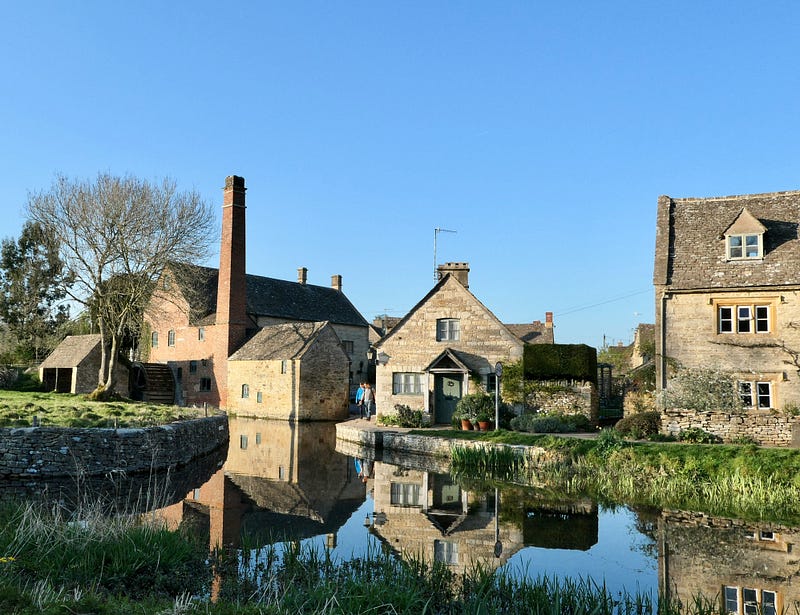
Elizabethan England Esteemed Elites
A Discussion of Bourgeois Equality Chapter 33 “As Did Elizabethan England Generally” Dr. McCloskey is continuing on with the thesis of last chapter, offering examples of Elizabethan writers other than Shakespeare, who valued hierarchy over the disruptive bourgeois virtues that will allow the trade tested betterment system to take off…
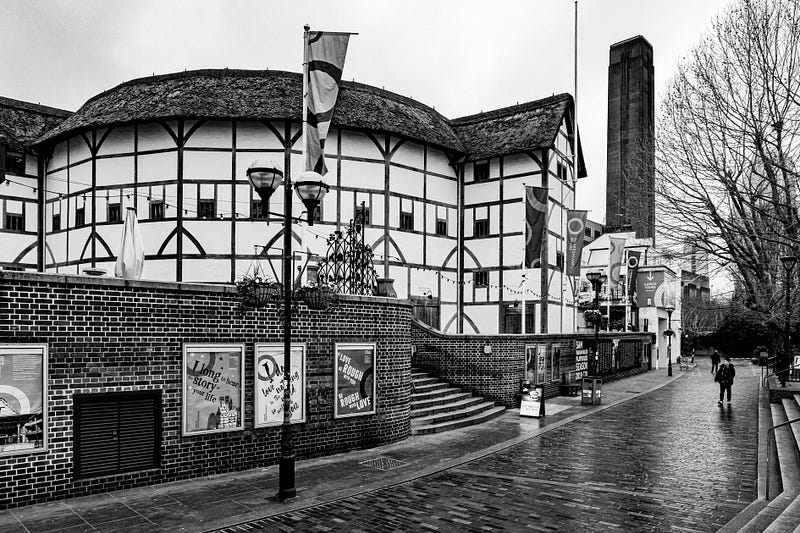
Hierarchy over Innovation for Shakespeare
A Discussion of Bourgeois Equality Chapter 32 “Bourgeois Shakespeare Disdained Trade and the Bourgeoisie” As Dr. McCloskey has argued in previous chapters, the Great Enrichment that kicks off around 1800 cannot be explained by an improvement in institutions like property rights. In this chapter, she again reminds us of the…
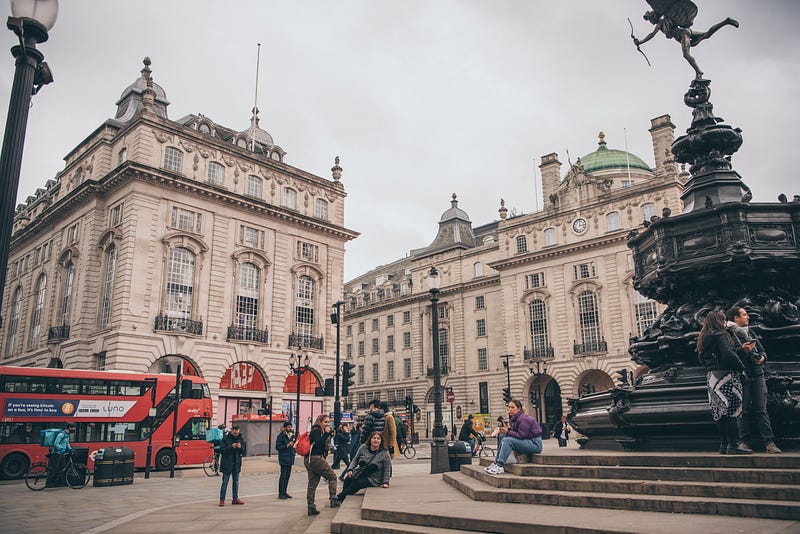
Why It Had to Be the British Bourgeois
A Discussion of Bourgeois Equality Chapter 31 “And the Change was Specifically British” This chapter wraps up the 4th part of Dr. McCloskey’s book by asserting the favorable attitude shift towards bourgeois dignity was particularly British in flavor. To put this chapter in context, she is working backwards in time…

A Sociological Shift, Not a Psychological Change
A Discussion of Bourgeois Equality Chapter 29 “The Bourgeoisie Loved Measurement” and Chapter 30 “The Change Was in Social Habits of the Lip, Not in Psychology” We continue Dr. McCloskey’s dive into why the Great Enrichment occurred when it did because the stories we tell ourselves shape the world of…
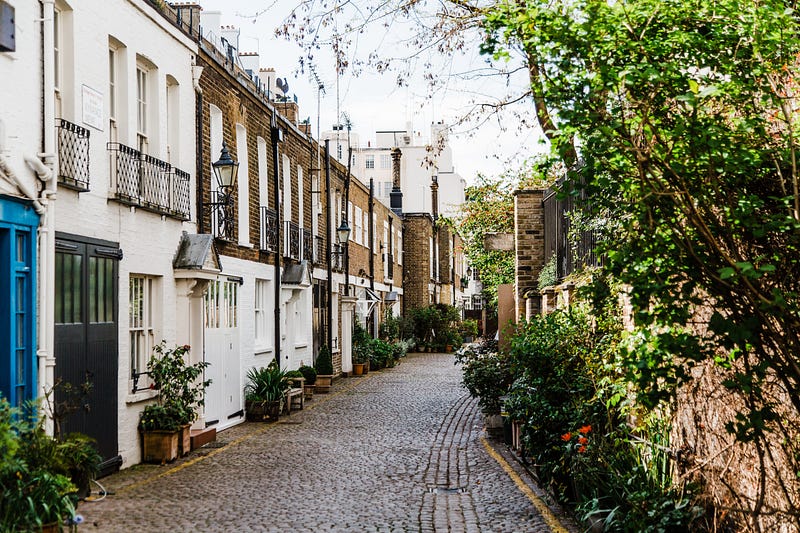
Bourgeois Revaluation Raises, if not Praises, the Merchants
A Discussion of Bourgeois Equality Chapter 28 “The Bourgeois Revaluation Becomes a Commonplace, as in the London Merchant” Dr. McCloskey continues to build her argument that a respect for the bourgeoisie is building in 1700s England, which will allow the Great Enrichment to flourish a century later. She calls this change in…
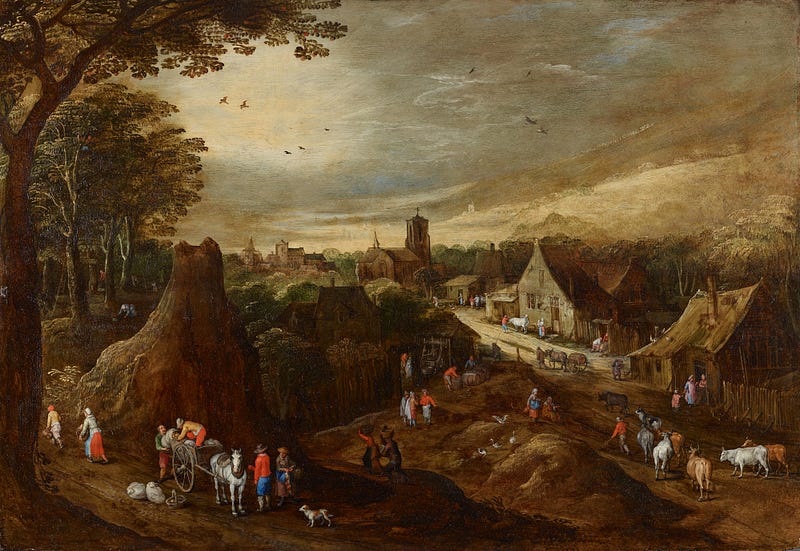
Seeing The Bourgeois Revaluation in Literature
A Discussion of Bourgeois Equality Chapter 27 “Defoe, Addison, and Steele Show It, Too” Dr. McCloskey demonstrates the literature of the 1700s shifted to reflect the values and the interests of the rising bourgeois class. This Bourgeois Revaluation is simultaneously esteeming the behaviors that will now lead to success and…
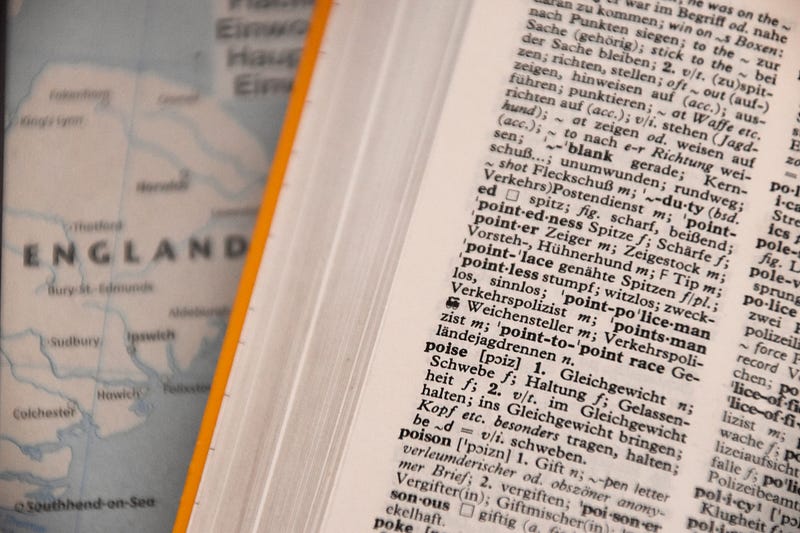
Continuing Evidence: Rising Bourgeois Values Alters Language
A Discussion of Bourgeois Equality Chapter 26 “And so does the Word ‘Eerlijk’” In many ways this chapter is similar to the previous chapter that traced the change in the definition of honest to show how culture was changing. In the 1500s and 1600s, McCloskey says honest meant aristocratic and…

